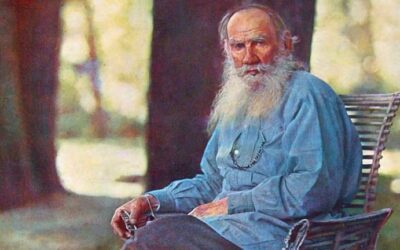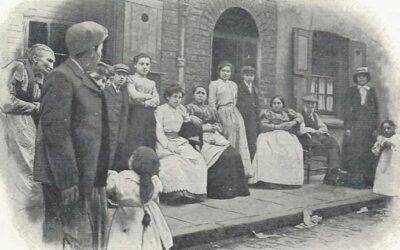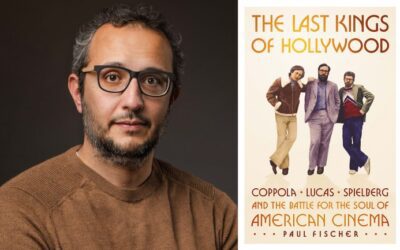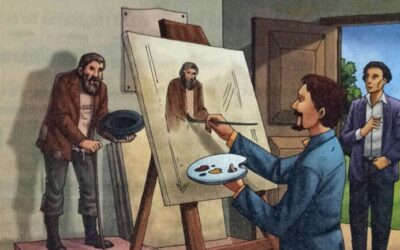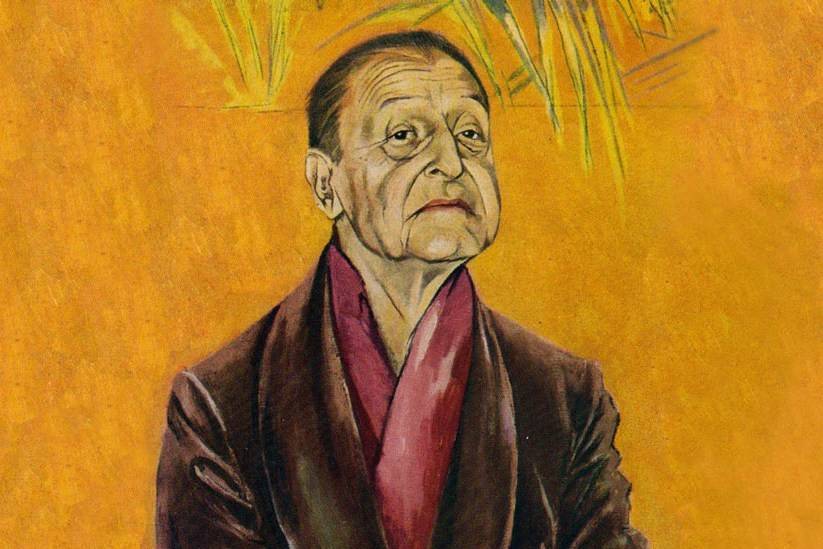Chinua Achebe: A Man of the People
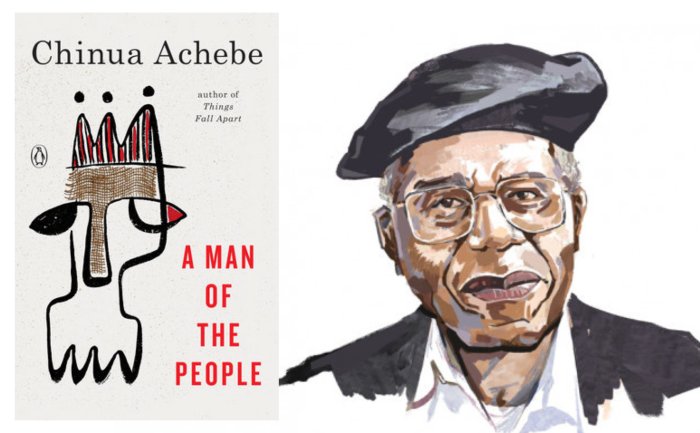 chinua achebe cover
chinua achebe cover
Chinua Achebe was Africa’s best-known novelist and the founding father of African fiction. The publication of his first novel, Things Fall Apart, in 1958 served as an inspiration for other authors throughout the African continent.
This post may contain affiliate links that earn us a commission at no extra cost to you.
Chinua Achebe: A Man of the People

Chinua Achebe was born in 1930 in the traditional Igbo village of Ogidi, eastern Nigeria, some 40 years after missionaries first arrived in the region, Achebe was christened Albert Chinualumogu by his Christian convert parents. His father, Isaiah, was a teacher and evangelist, and his mother, Janet, a leader among church women.
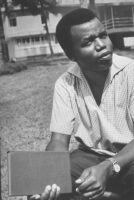
At the age of 14, Achebe was transferred to the esteemed colonial Government college in Umuahia, where he became good friends with poet Christopher Okigbo. He was awarded a scholarship in 1948 to attend the University of Ibadan to study medicine. He changed to a degree in English literature, religious studies, and history after realizing during his first year that writing was what he was most interested in.
Teachers introduced books they thought would be appropriate for their Nigerian students, such as Joseph Conrad’s Heart of Darkness and Joyce Cary’s African novels, even though the English curriculum closely mirrored that of Britain.
Achebe was one among numerous future literary luminaries (including Wole Soyinka) who wrote articles and stories for nationalist student journals from during this time. He had made the decision to write about Africans and the colonial experience from an African perspective by the time he graduated in 1952.
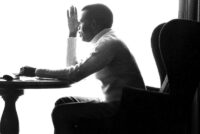
Originally planned as one long novel, Things Fall Apart (set in the late 19th century) and No Longer at Ease (set in the decade before Nigeria gained its independence)turned into two shorter novels. While the second novel takes up and retells the plot of Mister Johnson – the story of a young Nigerian clerk who takes a bribe and is tried and sentenced by the colonial administration – the first evokes the culture and society Mister Johnson would have come from.
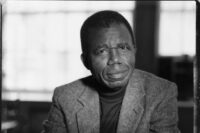
He worked for the Nigerian Broadcasting Service in Enugu, eastern Nigeria, and learned much about how good dialogue works. Also while there he met Christie Chinwe Okoli, a brilliant student from Ibadan University. They married in 1961 and had four children.
While preparing a feature on the response of Nigerians to early colonial rule, Achebe investigated the story of an Igbo priest imprisoned for refusing to collaborate with the British. Fascinated by the tale and the priest’s proud character, he made it the focus of his third novel, Arrow of God which was published in 1964.
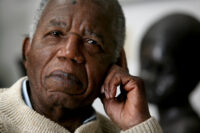
His fourth novel, A Man of the People exposes the corruption of politicians and their constituents, ending with a military coup – as happened in Nigeria in 1966, a coup that led to the attempted secession of Biafra and a civil war in which more than a million people died. He became a strong advocate of Biafra’s independence, travelling the world to seek support.
Although the war ended in defeat for the Biafran cause, Achebe was determined the Igbo presence and perspectives should continue within the Nigerian nation. His collection of poems Beware Soul Brother and the volume of short stories Girls at War and Other Stories drew on the experiences of the war.
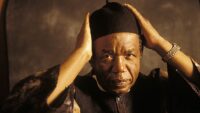
In 1972, Achebe accepted a visiting professorship at the University of Massachusetts Amherst, where he taught African literature. In essays, lectures and interviews, he declared the need for committed writing in the African context, and derided writers and critics whose attitudes to Africans he found condescending or racist. He denounced Heart of Darkness in a lecture that caused many in the audience to walk out in protest, and still arouses debate.
Achebe returned to Nigeria in 1976 to be professor of literature at the University of Nigeria, where he continued to teach and became chairman of the Association of Nigerian Writers. He was also elected deputy national president of the People’s Redemption party and published a political pamphlet, The Trouble With Nigeria, in 1983.
In 1990, a car accident left Achebe paralysed. Bard College, New York, offered him and Christie the possibility of teaching there and provided the facilities he needed. Now using a wheelchair, he continued to travel and lecture in the US and occasionally abroad. He moved to Providence, Rhode Island, in 2009 after being appointed professor of Africana studies at Brown University.
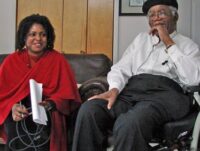
In 2012 he published There Was a Country: A Personal History of Biafra, which reiterated his belief in the ideals that had inspired the nationalism of his younger days. His account of the events that led to the civil war, its conduct and aftermath have stirred strong reactions from supporters as well as opponents of the Biafran cause.
Achebe received numerous awards and more than 30 honorary doctorates, but among the tributes he may have valued most was Nelson Mandela’s. “There was a writer named Chinua Achebe,” Mandela wrote, “in whose company the prison walls fell down.”
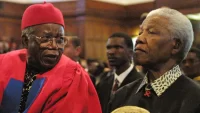
He died in March 2013 in Boston, Massachusetts aged 82.
Best Chinua Achebe Books to Read
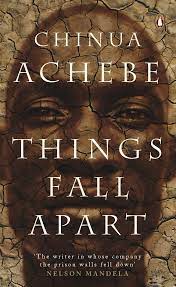
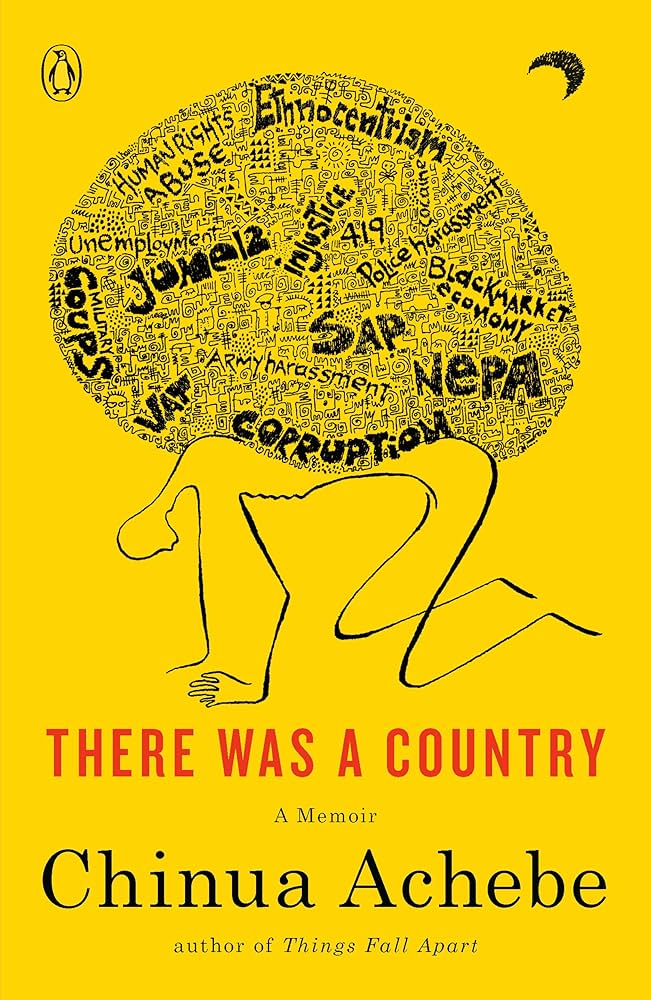
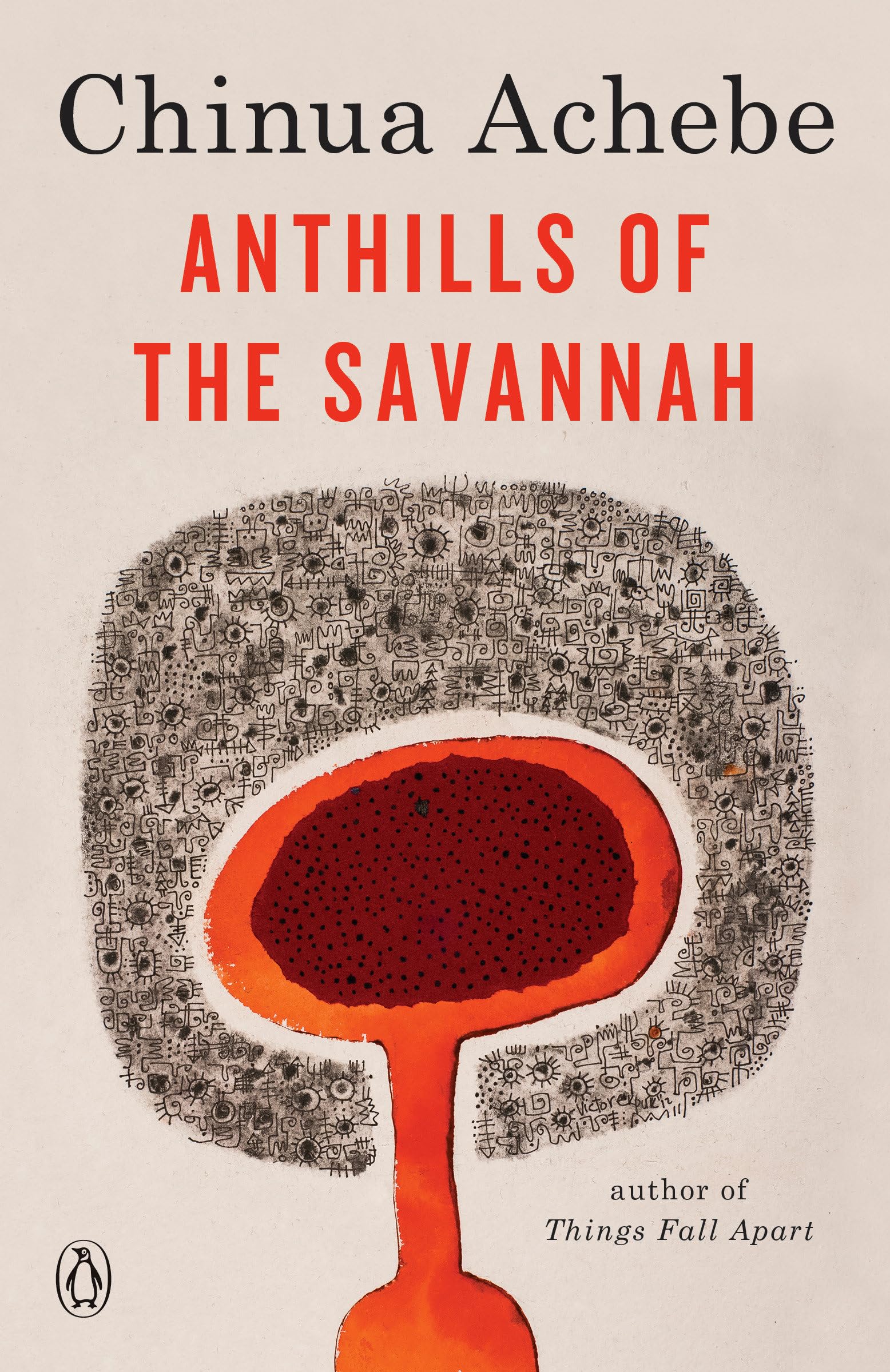
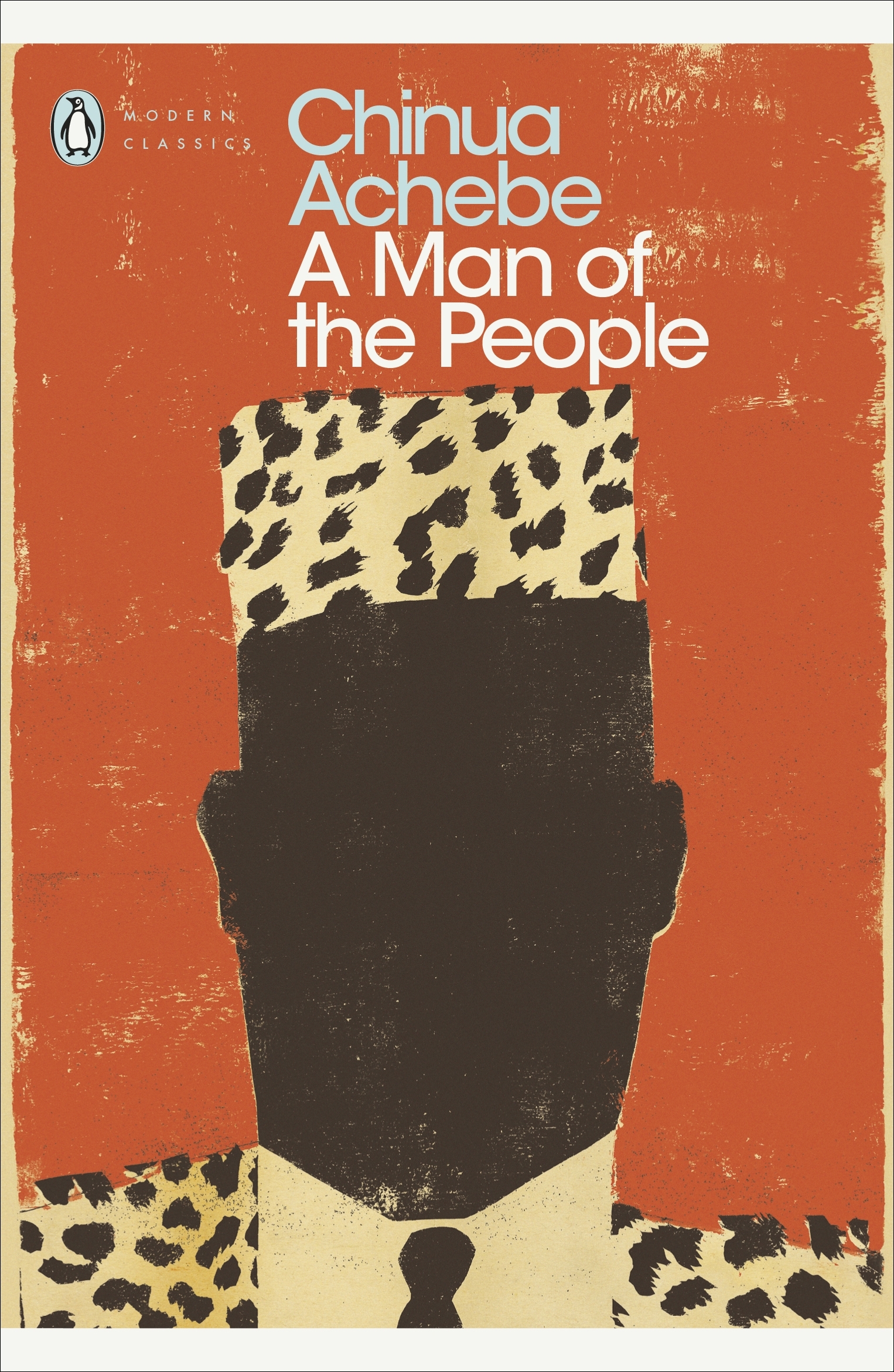
If you enjoyed Chinua Achebe: A Man of the People, check out 10 Great Nigerian Books To Read


